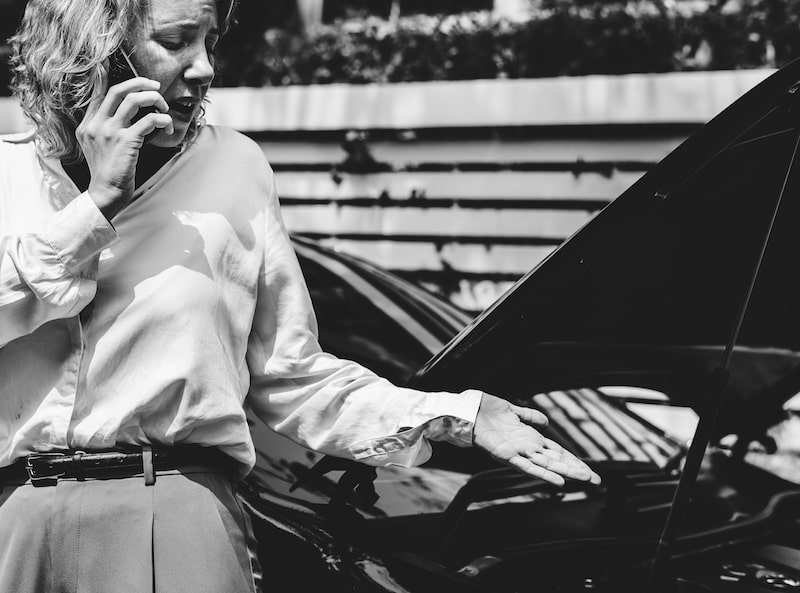If you’ve been in a serious accident in your car, one which has caused your vehicle severe damage, this isn’t a question that typically crosses your mind. After all, your car probably isn’t even drivable right now; of course, you’re going to get it repaired with the insurance money, whether they require you to have it repaired or not.
However, if your car has just been in a minor accident, perhaps a little low-speed fender bender, and you have nothing but a couple of scratches or a small dent to worry about, you may feel differently. Bodywork can result in a pricey payout, but it doesn’t affect your car in any practical sense. If you’re hard up for cash, you might well consider pocketing the payout rather than getting the car repaired. But can you?
There are a few different factors at play. Ultimately, as with all auto insurance issues, you’re going to have to refer to your policy or ask your agent to be absolutely sure. But we’ll go through some of the factors that will affect this so you have an idea of what to expect.
Do You Have A Lien On The Car?
If you’re still paying off your car, whether the lender is your bank, a dealership, or another financer, you’re almost certainly required to have your car repaired with the insurance money. Why? Because you’re not the sole owner of the vehicle, yet.
The other owners—the lienholders—have a vested interest in ensuring that the vehicle is in the best possible condition, too. There’s probably wording in your contract with them that requires you to have the car repaired under these circumstances.
Now, on the other hand, if you are the sole owner of your car, and you have paid it off, you may have some more wiggle room when it comes to keeping the cash for a minor repair. That doesn’t guarantee that it’s allowed, but it’s much more likely.
What About Your Policy After The Accident?
Even if you own your own car, you may be required to go through with the repairs if you intend on keeping the same insurance policy after the accident. That’s because the insurance company has a vested interest in the condition of your vehicle as well, and if they’re going to cover you for physical damage in your car insurance policy, they’re going to want the car in the best shape possible.
That means that if you’ve received a payout to get the car repaired, you’d better go ahead and use the money for that purpose. However, if you really don’t want to get it repaired, you can talk to your insurance agent about dropping this specific type of coverage from your policy going forward.
Did The Insurer Pay You—Or A Mechanic?
In some cases, the entire discussion might be moot. You’re waiting to receive a hefty check, but it never comes. Frustrated, you check to see if your claim was denied, but it wasn’t. So, where’s your money? Many insurance companies prefer to avoid even the possibility of the owner pocketing the cash, so they send the check directly to their approved mechanic.
This accomplishes two things. First, it ensures that you use the money for its intended purpose: repairing the vehicle. Second, it ensures that you have the vehicle repaired at a mechanic that your insurance company prefers and has an ongoing relationship with.
What If I Want To Use A Portion Of The Check On Repairs, But Keep The Rest?
In this scenario, you have every intention of getting the car repaired, you just know someone that can do it cheaper, so you’ll have some cash leftover. If your insurance policy gives you the option of choosing your own mechanic, this might work, but it’s usually a big hassle.
Your insurance company will probably require you to get several different appraisals so that they can determine the right amount to send you (and that your mechanic is charging a legitimate amount). You may or may not end up with some extra dough in this situation.
Don’t Commit Insurance Fraud
Whatever you choose to do, don’t commit insurance fraud. If you’re convicted of committing fraud, you’ll have far bigger challenges to overcome than just hurting for cash. Be honest with your insurance company about your plans. You don’t want to do anything that breaches your contract with either the insurance company or, depending on the ownership situation, a lienholder. Either could put you in serious jeopardy. And that includes fibbing so that you can keep a few hundred dollars in your wallet instead of spending it on a car repair. It might seem harmless, but insurance companies look for people doing this illegally all the time.

